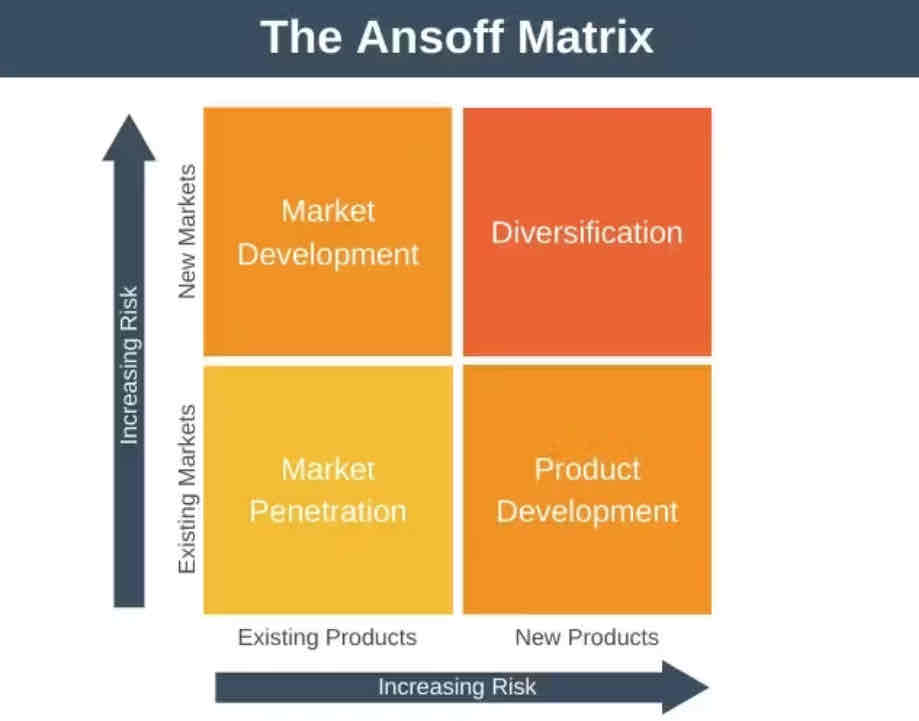4.3.1.3 FACTORS CONTRIBUTING TO INCREASED GLOBALISATION
1/11
Earn XP
Description and Tags
Name | Mastery | Learn | Test | Matching | Spaced |
|---|
No study sessions yet.
12 Terms
What is Globalisation?
Process of greater integration and inter-connectedness between countries
What is implied w globalisation?
Free movement of goods and services
Free movement of labour
Free movement of capital
Inc cultural exchange
What factors contribute to increased globalisation?
Trade liberalisation (reduction of int. trade barriers)
Political change
Reduced cost of transportation & communication
Increased significance of global MNCs
Increased FDI
Migration
Growth of the global labour force
Structural changes
How does trade liberalisation contribute to globalisation?
Trade liberalisation reduces barriers to trade, enhancing the flow of goods and services across borders and fostering economic interdependence among countries.
How does Political Change contribute to globalisation?
Political change can lead to the adoption of policies that encourage open markets, reduce trade barriers, and promote international cooperation, thus facilitating global integration.
How does reduced cost of Transport & Comm. contribute to globalisation?
Movement of goods cheaper, standard shipping sizes, stacked up shipping containers
Shipping & airlines improved in quality.
Improved road, internet
Can communicate globally e.g. skype
How have MNCs contributed to globalisation?
rapid growth has led them to enter untapped markets due to labour mobility, cheaper transport, lower bureaucracy and cheap labour
How has increased FDI contributed to globalisation?
relaxation of rules & regulation around movement of capital
increased of FDI
greater freedom means business can lower costs and improve economic prospects in invested countries
How has migration contributed to globalisation?
Workers more likely to move in search of employment. Greater flexibility.
Best talent can move across borders, creating ‘brain drain’s in the economies they leave
How has growth of the global labour force contributed to globalisation?
The growth of the global labour force allows for a larger pool of workers, enhancing competition and attracting businesses to seek talent, which fosters economic integration across borders.
Structural change, such as shifts in market dynamics, economic policies, and technological advancements, facilitates globalisation by enabling more efficient production processes, reducing costs, and improving access to global markets.
Ansoff’s Matrix quadrants
Existing Market Existing Product: Market penetration
Existing Market New Product: Product development
New Market Existing Product: Market development
New Market New Product: Diversification
